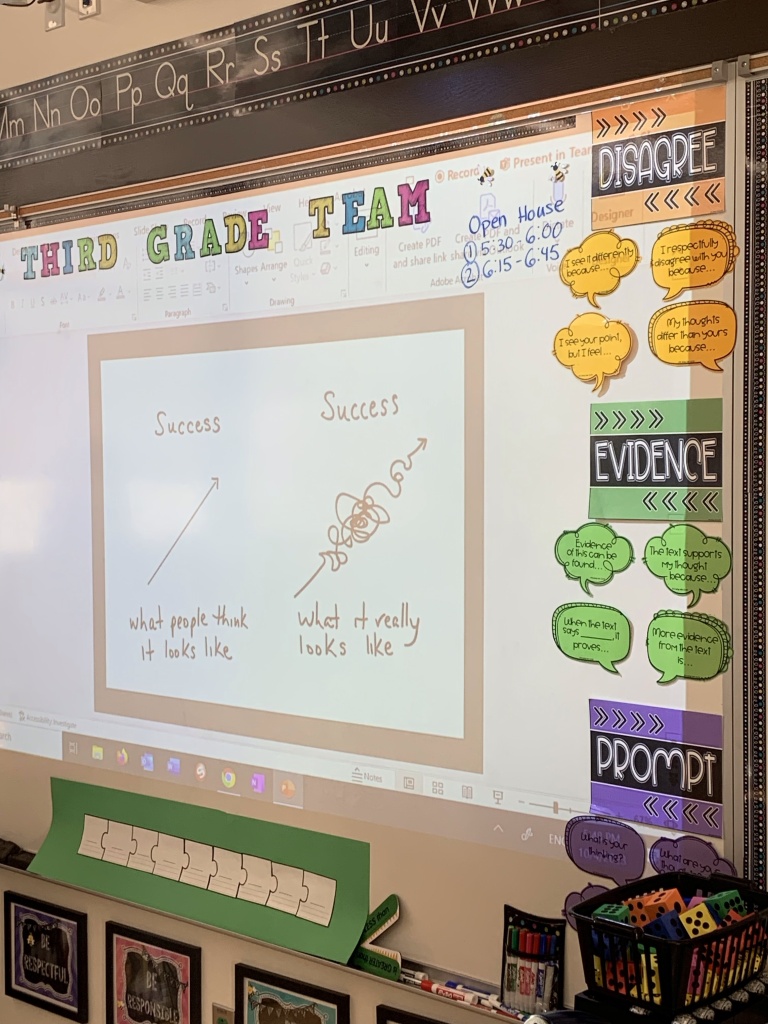“A very small degree of hope is sufficient to cause the birth of love.” – Stendhal
There are two guys I regularly see at Starbucks. I’m guessing they are in their late 60’s. One gestures animatedly and with disgust at the paper and his friend patiently listens.
Once I heard the patient one suggest to the animated one that he get involved.
The animated one replied, “But the system is broken!”
I hope next time that I see them that I have a copy of Sam Daley-Harris’ book Reclaiming Our Democracy: Every Citizen’s Guide to Transformational Advocacy with me. Sam gives us a great formula for overcoming cynicism and hopelessness and suggestions for how to get started.
Vicki Atkinson and I were recently lucky enough to be able to talk with activist and author Sam Daley-Harris on the How to Share podcast. In this episode, we discuss his journey in advocacy, the importance of facing hopelessness, and the power of transformational advocacy.
We also explore the difference between transactional and transformational approaches, the impact of cynicism on political engagement, and the necessity of community support in advocacy efforts.
Sam shares personal stories and insights on how individuals can reclaim their power and make a difference in their communities and the world.
Takeaways
- Advocacy requires facing our own hopelessness to find purpose.
- Transformational advocacy involves deeper engagement than transactional actions.
- Cynicism can lead to inaction; we must choose to engage.
- Community support is crucial for effective advocacy.
- Building relationships with legislators can lead to meaningful change.
- The state of democracy is influenced by citizen engagement and activism.
- Progress and positive changes are not often featured in today’s news reporting.
- We need to encourage optimism and action in our communities.
- Commitment to advocacy can lead to personal transformation.
- Every individual has the power to make a difference.
Here’s a preview of Sam’s powerful story-telling and encouragement to get involved:
Here are some ways you can listen and watch this incredible episode:
- The podcast player embedded below
- Click this link to watch in a browser: How to Share Activism with Sam Daley-Harris
- Subscribe to How To Share on Spotify, Amazon Music, or Apple Podcasts
- Subscribing to the YouTube channel: https://www.youtube.com/@howtosharepodcast
Please listen, watch, provide feedback and subscribe.

How to Share a Mission with Anthony Dyer – How To Share
Links for this episode:
Sam’s Sign-up Sheet for resources on how to get started
Reclaiming Our Democracy website
Reclaiming Our Democracy: Every Citizen’s Guide to Transformational Advocacy, 2024 Edition on Amazon
(featured photo from Pexels)








